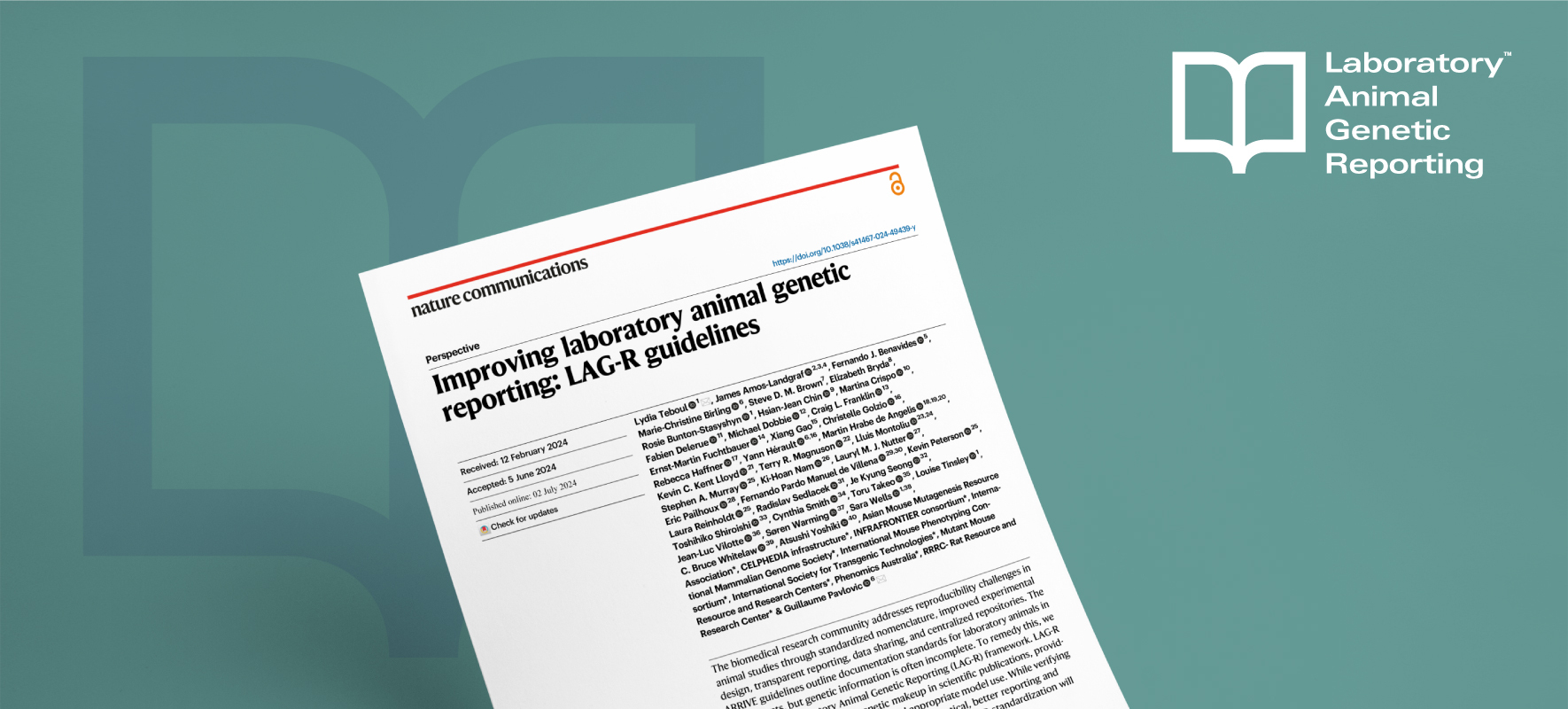Four new NC3Rs Training Fellowships, totalling £460k, have been awarded to talented 3Rs-minded postdoctoral researchers to support the development of their careers.
One of these has been awarded to Dr Liane Hobson, who will undertake her research at MRC Harwell. The Training Fellowship scheme was launched in 2016 to provide early career researchers with an opportunity to acquire new skills and research experience focused on the 3Rs, with the support and guidance of a dedicated mentor. The current awards bring the total number of NC3Rs Training Fellows to ten. To find out more, visit ‘Meet our Training Fellows’. Liane’s current research focuses on characterising complex behavioural phenotypes in genetically altered mice. In this Training Fellowship, she will examine how ultrasonic vocalisations (USVs) produced by mice, can be used to predict their behavioural responses. To achieve this, she will use ultrasonic detectors, mouse movement sensors and a high definition camera to record mouse USVs and behaviours. This will enable the generation of a repository of USVs and associated behaviours, for use by other researchers as a tool for interpreting mouse USVs. Mice are a prey species and consequently tend to hide the visual signs of pain and suffering. However, USVs are known to be produced in association with distress and prior to aggressive behaviours, such as fighting. Consequently, USVs could be employed to detect welfare problems before such issues are discovered by routine visual inspections. Ultimately, Liane aims to use the work conducted during her Fellowship to develop a fully automated alert system, which could be rolled out for use in a range of mouse studies. This will facilitate earlier interventions aimed at minimising animal suffering and incidents of aggression. Furthermore, the tool could facilitate a standardised approach to recording USVs in other projects which study mouse behavioural responses, for example to understand neurodevelopmental disorders, social interactions or welfare issues. Liane’s career began as an evolutionary biologist, studying complex behavioural traits in a diverse range of mammalian species. She achieved a first class degree in Biology at the University of Leeds, where her dissertation project focused on the environmental impact of bat swarming activity in Kent. This led to further work in the same species, studying vocalisation patterns as part of her Masters Degree in Biodiversity and Conservation. Liane subsequently moved to the University of Liverpool to embark on a PhD in Mammalian Behaviour and Evolution, which she was awarded in 2017. She is currently working as a mouse phenotyping technician at the Medical Research Council Harwell, where she intends to conduct her Training Fellowship.



